Local research:
Kenwright. D., McLaughlin, T. & Hansen, S. (2023) Teachers’ perspectives about mindfulness programmes in primary schools to support wellbeing and positive behaviour. International Journal of Inclusive Education, 27(6), 739-754. DOI: 10.1080/13603116.2020.1867382
Rix, G., & Bernay, R. (2015). A study of the effects of mindfulness in five primary schools in New Zealand. Teachers’ Work, 11(2), 201-220. https://doi.org/10.24135/teacherswork.v11i2.69
Green, V.A., Woods, L., Wegerhoff, D. et al. (2020). An evaluation of the KiVa anti-bullying program in New Zealand. Int Journal of Bullying Prevention 2, 225–237. https://doi.org/10.1007/s42380-019-00034-
Savage, C., Lewis, J., Colless, N. (2011). Essentials for implementation: Six years of School
Wide Positive Behaviour Support in New Zealand. New Zealand Journal of Psychology, 30(1), 29-37.
 Research Report | 60 min read
Research Report | 60 min read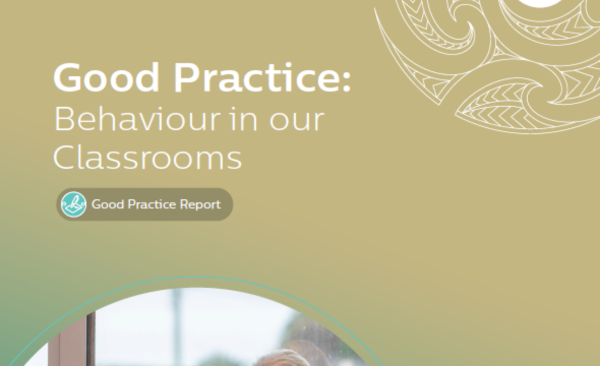 Good Practice Report | 60 min read
Good Practice Report | 60 min read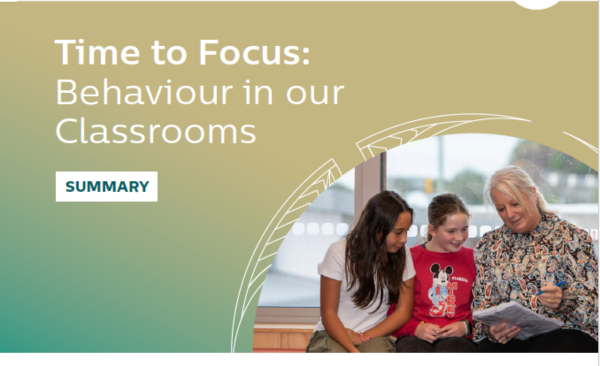 Summary | 10 min read
Summary | 10 min read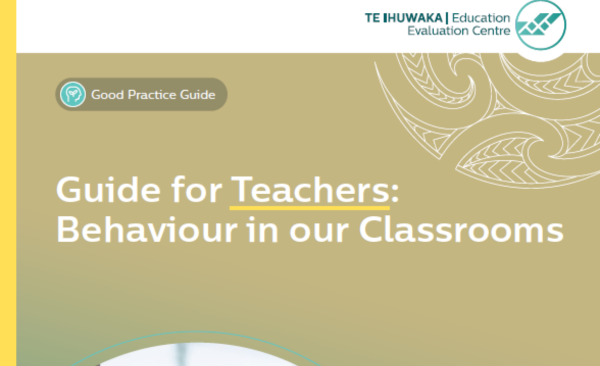 Good Practice Guide | 30 min read
Good Practice Guide | 30 min read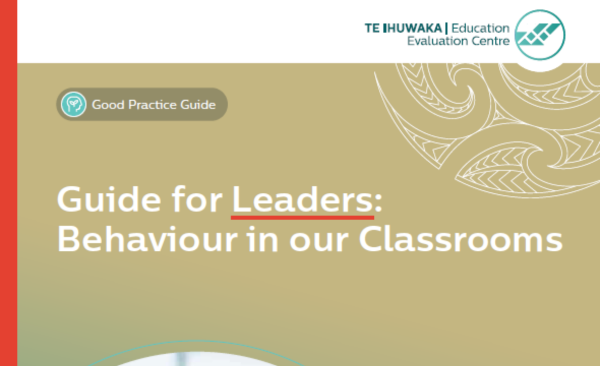 Good Practice Guide | 30 min read
Good Practice Guide | 30 min read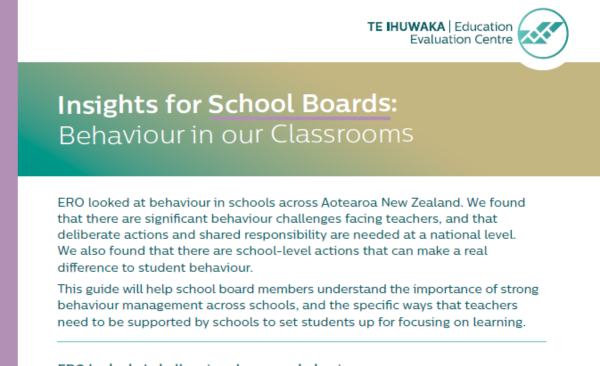 Sector Insights | 4 min read
Sector Insights | 4 min read